Extreme male brain
Recent articles
Book Review: ‘The Pattern Seekers’ links human invention — past, present and future — to autism traits
Simon Baron-Cohen’s new book is essentially a 272-page argument for his hypothesis that all human innovation stems from the ability to discern and manipulate causal patterns.
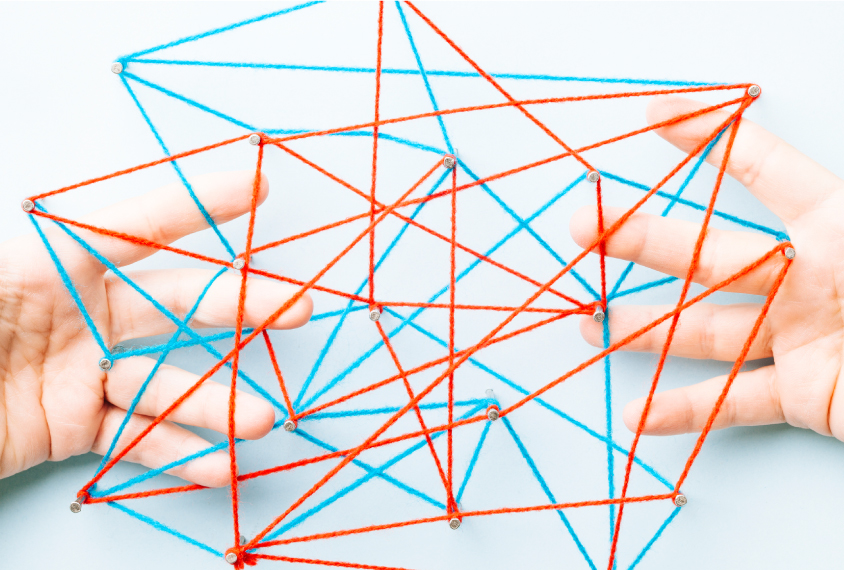
Book Review: ‘The Pattern Seekers’ links human invention — past, present and future — to autism traits
Simon Baron-Cohen’s new book is essentially a 272-page argument for his hypothesis that all human innovation stems from the ability to discern and manipulate causal patterns.
In defense of sex steroids’ role in autism
Multiple independent studies are revealing evidence suggesting that sex steroids are important in autism.
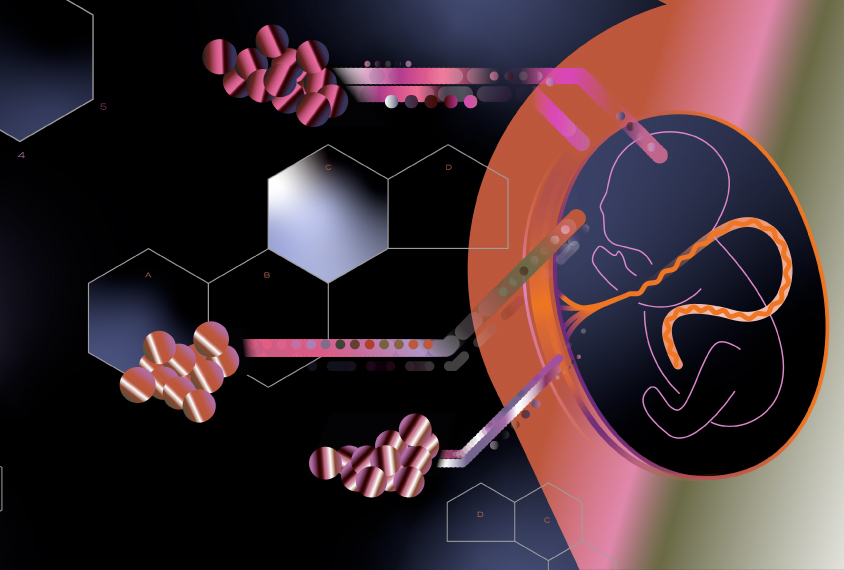
In defense of sex steroids’ role in autism
Multiple independent studies are revealing evidence suggesting that sex steroids are important in autism.
The extreme male brain, explained
The ‘extreme male brain’ theory suggests that autism is an exaggeration of systematic sex differences in ways of thinking.
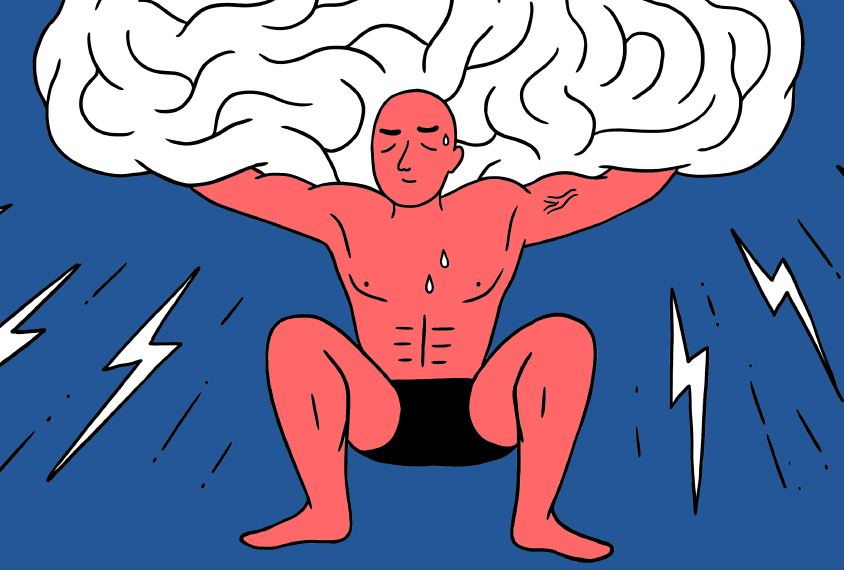
The extreme male brain, explained
The ‘extreme male brain’ theory suggests that autism is an exaggeration of systematic sex differences in ways of thinking.
Why adults need an easier path to autism diagnosis
Getting an autism diagnosis can be difficult for many adults, due to the dearth of reliable tests, high costs and bureaucracy.
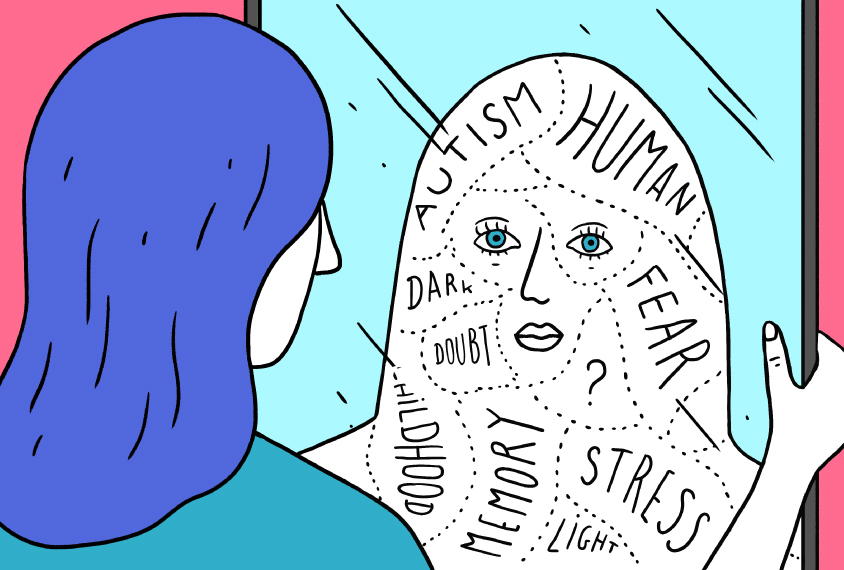
Why adults need an easier path to autism diagnosis
Getting an autism diagnosis can be difficult for many adults, due to the dearth of reliable tests, high costs and bureaucracy.
Predictive brain waves; spotting liars; pet peeve and more
Brain waves in infancy forecast autism, people with more autism features have trouble detecting lies, and veterinarians battle claims that vaccines cause autism in dogs.
Predictive brain waves; spotting liars; pet peeve and more
Brain waves in infancy forecast autism, people with more autism features have trouble detecting lies, and veterinarians battle claims that vaccines cause autism in dogs.
Regression review; gendered association; model tribute and more
A sweeping analysis covers evidence of regression in autism, gender dysphoria is linked to autism features, and animal models of autism receive full treatment in a special tribute.
Regression review; gendered association; model tribute and more
A sweeping analysis covers evidence of regression in autism, gender dysphoria is linked to autism features, and animal models of autism receive full treatment in a special tribute.
Boyish looks; popular pseudoscience; older fathers and more
Masculinized features help define children with autism, online autism-parent forums spread pseudoscience, and the United States has more older fathers than ever.
Boyish looks; popular pseudoscience; older fathers and more
Masculinized features help define children with autism, online autism-parent forums spread pseudoscience, and the United States has more older fathers than ever.
Questions for Daphna Joel: Brain sex differences may be mirage
Instead of simply listing sex differences in the brain, researchers should consider how sex interacts with other factors to affect the brain, Joel says.
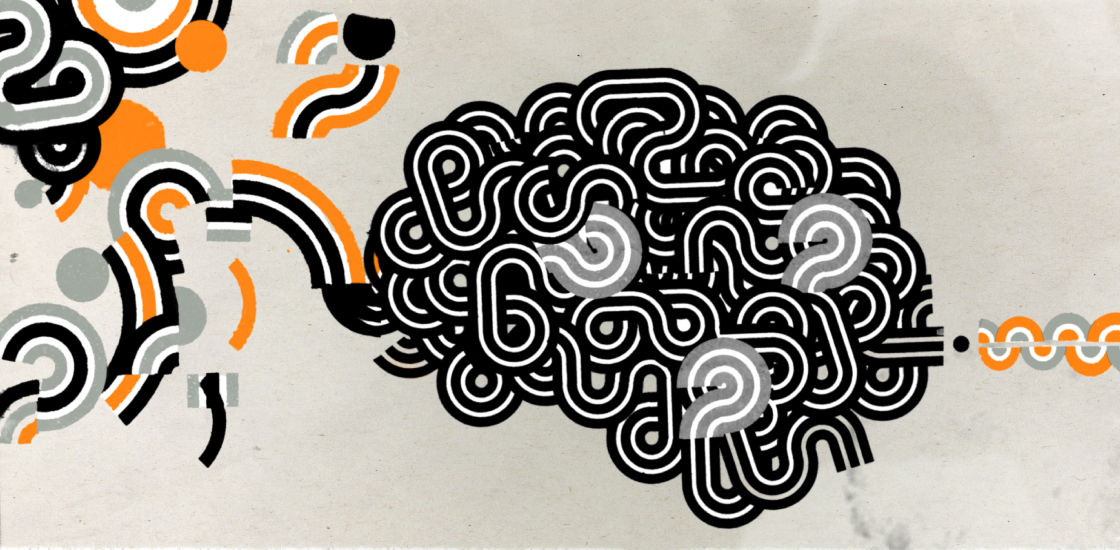
Questions for Daphna Joel: Brain sex differences may be mirage
Instead of simply listing sex differences in the brain, researchers should consider how sex interacts with other factors to affect the brain, Joel says.
Testosterone test; enhancement stance; retirement pan
A new study casts doubt on the ‘extreme male brain’ theory of autism, Americans are worried about gene editing, and a Pasteur Institute clash raises questions about scientists’ age.
Testosterone test; enhancement stance; retirement pan
A new study casts doubt on the ‘extreme male brain’ theory of autism, Americans are worried about gene editing, and a Pasteur Institute clash raises questions about scientists’ age.
Memory and sense of self may play more of a role in autism than we thought
When it comes to recalling personal memories, girls with autism may be more like typical developing girls than like boys with autism.
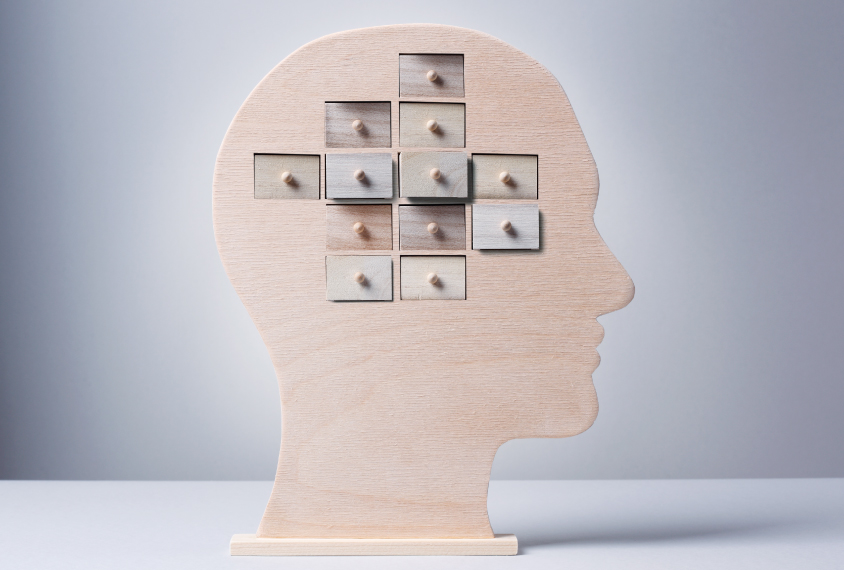
Memory and sense of self may play more of a role in autism than we thought
When it comes to recalling personal memories, girls with autism may be more like typical developing girls than like boys with autism.
Explore more from The Transmitter
Expediting clinical trials for profound autism: Q&A with Matthew State
Aligning Research to Impact Autism, a new initiative funded by the Sergey Brin Family Foundation, wants to bring basic science discoveries to the clinic faster.

Expediting clinical trials for profound autism: Q&A with Matthew State
Aligning Research to Impact Autism, a new initiative funded by the Sergey Brin Family Foundation, wants to bring basic science discoveries to the clinic faster.
This paper changed my life: Shane Liddelow on two papers that upended astrocyte research
A game-changing cell culture method developed in Ben Barres’ lab completely transformed the way we study astrocytes and helped me build a career studying their reactive substates.

This paper changed my life: Shane Liddelow on two papers that upended astrocyte research
A game-changing cell culture method developed in Ben Barres’ lab completely transformed the way we study astrocytes and helped me build a career studying their reactive substates.
Dean Buonomano explores the concept of time in neuroscience and physics
He outlines why he thinks integrated information theory is unscientific and discusses how timing is a fundamental computation in brains.
Dean Buonomano explores the concept of time in neuroscience and physics
He outlines why he thinks integrated information theory is unscientific and discusses how timing is a fundamental computation in brains.